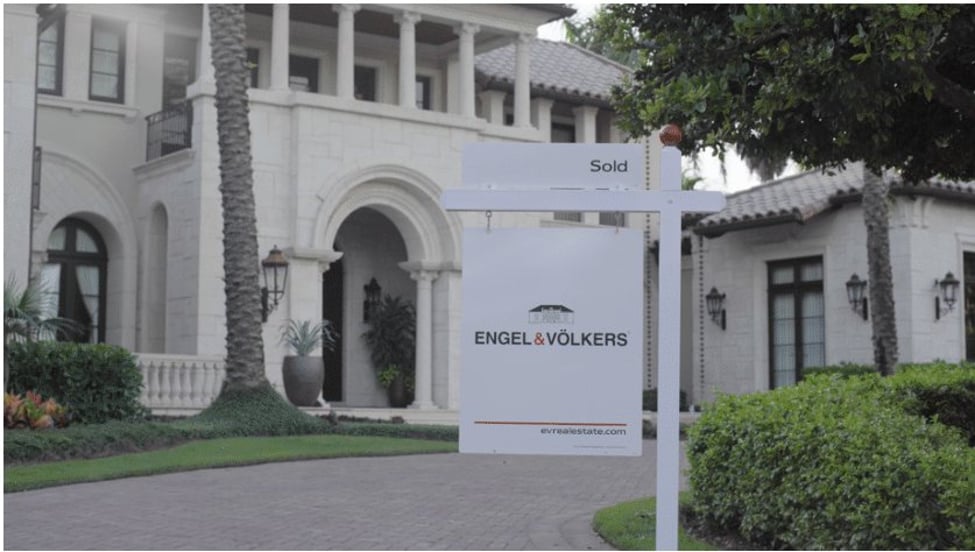Interest rates are a critical factor in almost every aspect of the real estate industry. From mortgage loans to investment decisions, the interest rates can have a significant impact on the purchase price of a property. Understanding this relationship between interest rates and purchase price can be crucial in making informed decisions in the real estate market.
A simple way to understand how interest rates affect the purchase price of a property is to think of a see-saw. When interest rates go up, the buying power and purchase price of a property go down. Conversely, when interest rates go down, the buying power and therefore the purchase price of a property go up. In a high-interest rate environment, buyers are less able to qualify for high purchase prices, and sellers may be forced to lower their asking prices to attract buyers.
Mortgage loans are one of the most significant areas impacted by interest rates. When interest rates are high, it becomes more expensive to borrow money, making it harder for buyers to secure mortgage loans. This can cause a slowdown in the real estate market, as fewer buyers are able to purchase homes. In contrast, when interest rates are low, borrowers can obtain more affordable mortgage rates, increasing their buying power and driving up the demand for homes.
Interest rates also play a critical role in investing in real estate. When interest rates are high, investing in real estate becomes less attractive to investors, as they tend to favor other investment opportunities. Conversely, when interest rates are low, investing in real estate becomes more attractive, as it offers better returns.
For buyers, the impact of interest rates on the purchase price of a property is straightforward. When interest rates are high, buyers have less buying power, and they may need to consider lower-priced properties. However, when interest rates are low, buyers have more buying power, and they can afford higher-priced properties. Therefore, it is essential for buyers to monitor interest rates closely to make informed decisions about their purchasing power.
Building equity is another critical factor influenced by interest rates. When interest rates are high, the monthly mortgage payments are generally higher, which can make it challenging to build equity. In contrast, when interest rates are low, the monthly mortgage payments are typically lower, allowing buyers to build equity more quickly.
In conclusion, interest rates have a significant impact on the real estate market. They affect everything from mortgage loans to investment decisions and can significantly influence the purchase price of a property. Understanding the relationship between interest rates and the real estate market is essential for making informed decisions in the industry. Buyers, sellers, and investors must monitor interest rates closely to make the most of their opportunities in the market.
.png)
